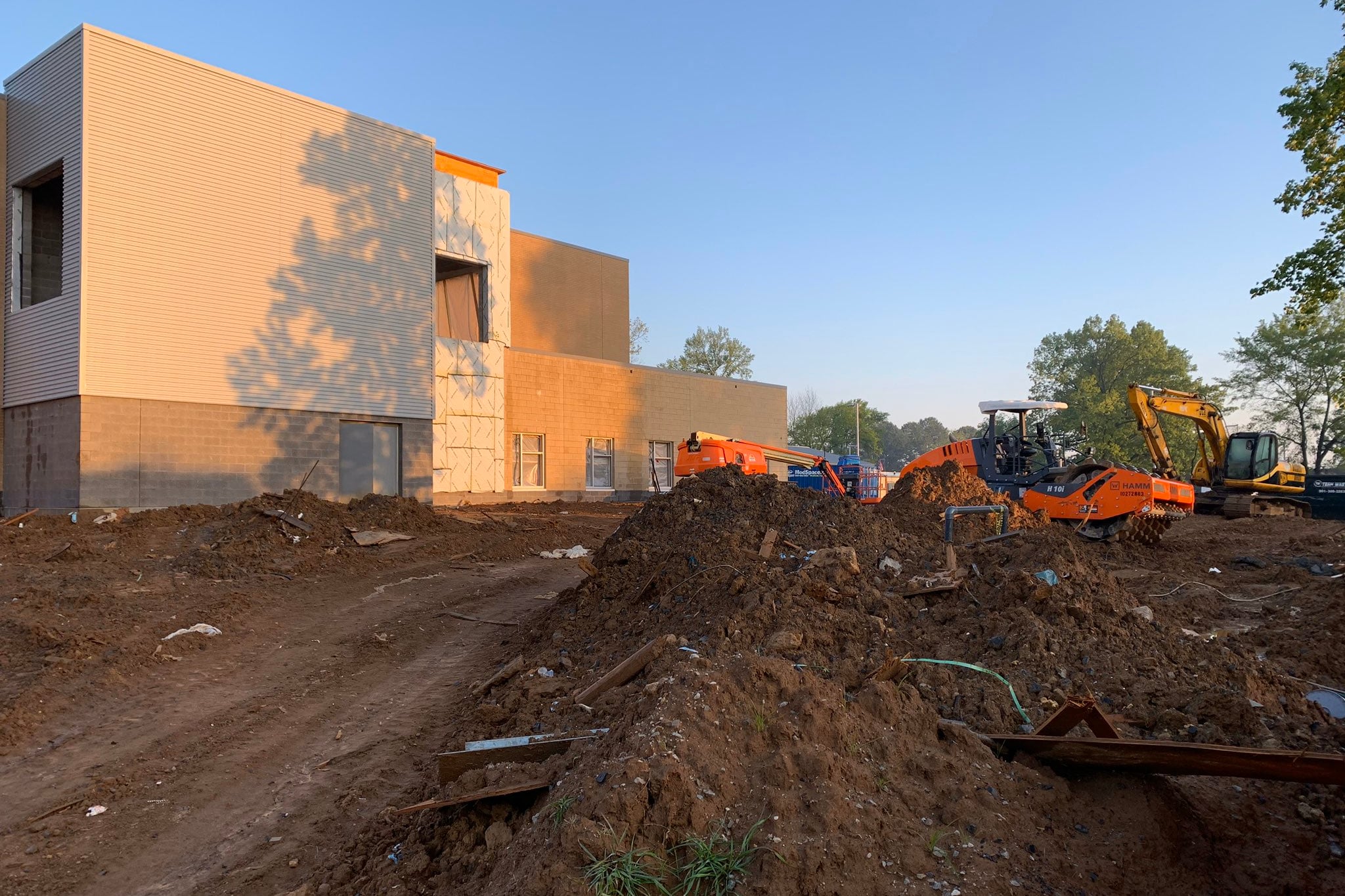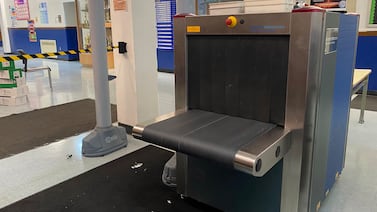Shelby County commissioners are done waiting.
The local funding body for Memphis schools said it won’t release millions in funding to Shelby County Schools for building maintenance until the district presents its promised long-term facilities plan.
“We’ve got to stop just doing deferred maintenance and start doing investments that will last longer. And I think everyone wants to see a plan to do that,” said Michael Whaley, the county commissioner that leads the group’s education committee.
Instead of approving the district’s full capital request for $65 million, the commission approved $25.5 million for aging infrastructure that is contingent on school officials providing the long-range plan. That means that district officials can’t start using their building project money if they don’t submit a plan by July 1. Whaley noted that the district has $30 million in unspent capital dollars from the current fiscal year that can be used next year.
Studies have shown that poor building conditions can affect student learning, including two studies in Tennessee showing that students learn more when they are in newer facilities. One study found that poor building conditions can lead to higher rates of frequent student absences.
County commissioners’ conversations never included considering the district’s full $65 million capital request for its maintenance backlog during their meetings Monday. Commissioner Mick Wright said he wants to invest in new buildings, “rather than maintain buildings that are suboptimal.”
County policy restricts its annual building improvement budget to $75 million, which covers all public school districts in the county, roads, bridges, and other county-owned buildings. The decision continues the county’s recent pattern to fund the district less than what they requested. Last year, the district asked for $64 million in building maintenance and received $40 million.
Late Monday, county commissioners also rejected the district’s $21 million request to cover additional day-to-day expenses, such as salaries and instruction. That vote means the county only matched last year’s funding as required by the state. The county, along with much of the nation, is facing steep budget cuts as sales tax revenue plummets because of the economic downturn related to the coronavirus pandemic.
The decision sends the district’s proposed budget for building maintenance back to the school board to edit. It also adds urgency for the district to produce its long-term “Reimagining 901” plan that would drastically change the district’s academic programs and close some schools. Superintendent Joris Ray’s administration had planned to present the plan to the school board and county commission this spring, but was delayed to August because of the pandemic, Whaley said.
Soon after Ray took the helm as interim leader in January 2019, he said his predecessor’s long-term plan to consolidate 28 old buildings into 10 newly constructed ones throughout the city did not have enough emphasis on the learning that would go on inside those buildings.
The district has closed more than 30 schools in the last 20 years, mostly because of low student enrollment. Some buildings were sold to charter schools or companies, some were torn down, and some are still vacant. The district has built two new elementary schools in the past decade; a third is slated to open this fall.
Update, May 18, 2020: This story has been updated with the county commission’s vote late Monday on the district’s operations budget.






